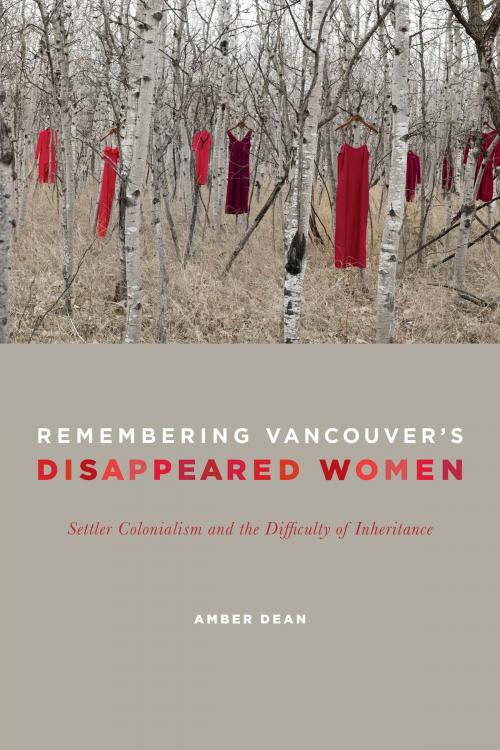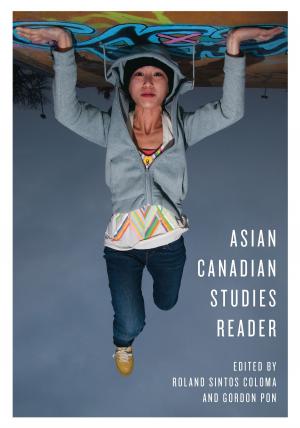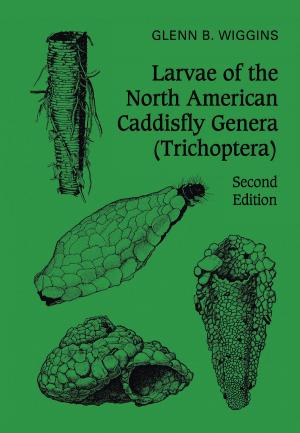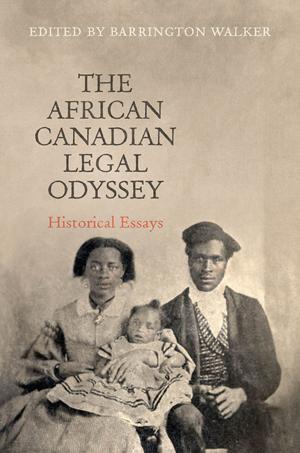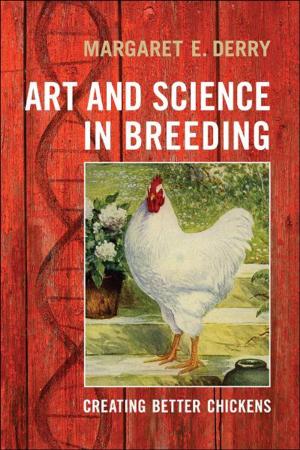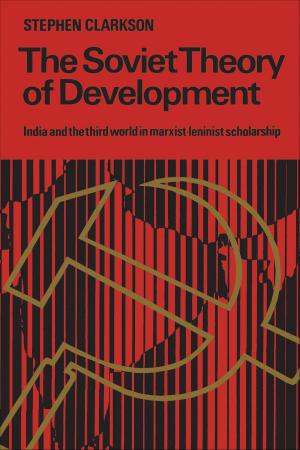Remembering Vancouver's Disappeared Women
Settler Colonialism and the Difficulty of Inheritance
Nonfiction, Social & Cultural Studies, Social Science, Cultural Studies, Native American Studies, Gender Studies| Author: | Amber Dean | ISBN: | 9781442660854 |
| Publisher: | University of Toronto Press, Scholarly Publishing Division | Publication: | January 27, 2016 |
| Imprint: | Language: | English |
| Author: | Amber Dean |
| ISBN: | 9781442660854 |
| Publisher: | University of Toronto Press, Scholarly Publishing Division |
| Publication: | January 27, 2016 |
| Imprint: | |
| Language: | English |
Between the late 1970s and the early 2000s, at least sixty-five women, many of them members of Indigenous communities, were found murdered or reported missing from Vancouver’s Downtown Eastside. In a work driven by the urgency of this ongoing crisis, which extends across the country, Amber Dean offers a timely, critical analysis of the public representations, memorials, and activist strategies that brought the story of Vancouver’s disappeared women to the attention of a wider public. Remembering Vancouver’s Disappeared Women traces “what lives on” from the violent loss of so many women from the same neighbourhood.
Dean interrogates representations that aim to humanize the murdered or missing women, asking how these might inadvertently feed into the presumed dehumanization of sex work, Indigeneity, and living in the Downtown Eastside of Vancouver. Taking inspiration from Indigenous women’s research, activism, and art, she challenges readers to reckon with our collective implication in the ongoing violence of settler colonialism and to accept responsibility for addressing its countless injustices.
Between the late 1970s and the early 2000s, at least sixty-five women, many of them members of Indigenous communities, were found murdered or reported missing from Vancouver’s Downtown Eastside. In a work driven by the urgency of this ongoing crisis, which extends across the country, Amber Dean offers a timely, critical analysis of the public representations, memorials, and activist strategies that brought the story of Vancouver’s disappeared women to the attention of a wider public. Remembering Vancouver’s Disappeared Women traces “what lives on” from the violent loss of so many women from the same neighbourhood.
Dean interrogates representations that aim to humanize the murdered or missing women, asking how these might inadvertently feed into the presumed dehumanization of sex work, Indigeneity, and living in the Downtown Eastside of Vancouver. Taking inspiration from Indigenous women’s research, activism, and art, she challenges readers to reckon with our collective implication in the ongoing violence of settler colonialism and to accept responsibility for addressing its countless injustices.
